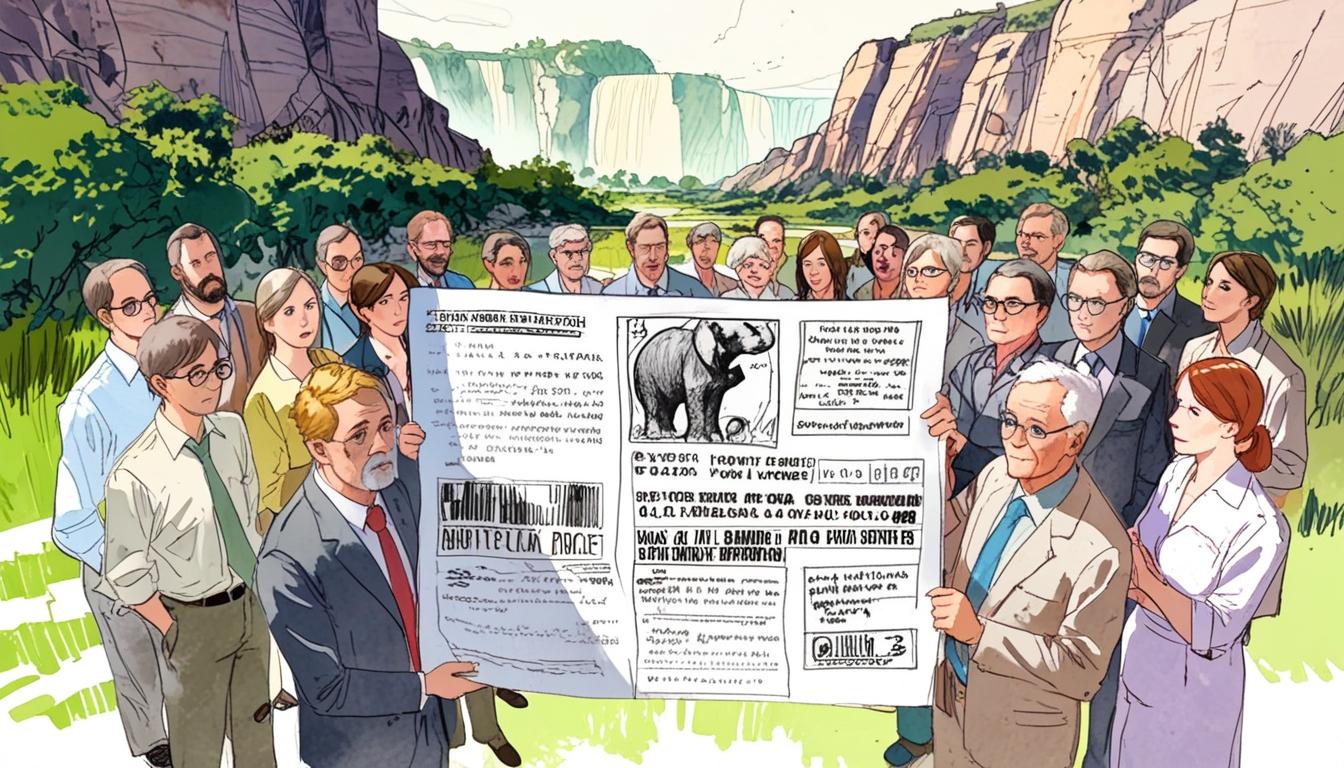A group of forty prominent economists, former government advisors, and nature experts have issued a letter to Members of Parliament expressing serious concerns about Part III of the Planning and Infrastructure Bill ahead of its review by the Public Bill Committee. Their warning centres on what they describe as a "pay to pollute" mechanism embedded in Part III, which would allow companies to pay Natural England in exchange for permission to damage protected natural sites and species.
The experts argue that the bill represents a significant rollback of nearly five decades of legal protections that have supported nature-positive development in England. They caution that the proposed Nature Levy within the bill could accelerate the destruction of habitats and species, potentially harming the country’s environmental progress and its international reputation on biodiversity and nature markets.
According to the letter's signatories, the introduction of such a levy could also backfire economically by increasing costs and delays in planning and development processes, thereby undermining economic growth rather than facilitating it.
Estelle Bailey, Chief Executive Officer of the Berkshire, Buckinghamshire, and Oxfordshire Wildlife Trust, criticised the government’s approach in comments reported by The Oxford Times: "In its desperation to scapegoat the environment, the government fails to recognise the golden growth opportunity that investing in green development offers. Nature and the economy are two sides of the same coin, and the government is gambling with the inheritance of future generations. By pitting growth against nature, this government is making a fundamental mistake. Nature is not a 'blocker' to growth, as the Prime Minister claims, but the very foundation on which our economy rests and depends. Destroy it, and everything collapses."
Professor Dame E.J. Milner-Gulland, Director of the Interdisciplinary Centre for Conservation Science at the University of Oxford, added that the UK has recently positioned itself as a global leader in nature recovery strategies and biodiversity initiatives, supported across political parties. Speaking to The Oxford Times, she noted: "Although taking a strategic approach to recovering nature in the context of other priorities is important, the Planning and Infrastructure Bill is far too vague about how this would be done - and its 'licence to trash' provisions go against the evidence and threaten to undo recent progress. Nature is not an obstacle to prosperity, it underpins it."
Among others who have signed the letter are author Isabella Tree, known for her award-winning book Wilding, and Sir Charlie Burrell, both associated with the pioneering conservation efforts at Knepp Estate. Additionally, Professor Sir John Lawton, author of the influential report Making Space for Nature, added his support for a pause to Part III to allow for careful consideration and due process before any further legislative steps are taken.
The collective call urges Parliament to reconsider Part III of the Planning and Infrastructure Bill, highlighting the need to safeguard England’s protected natural environments and maintain the integrity of nature restoration efforts alongside future economic development plans.
Source: Noah Wire Services
